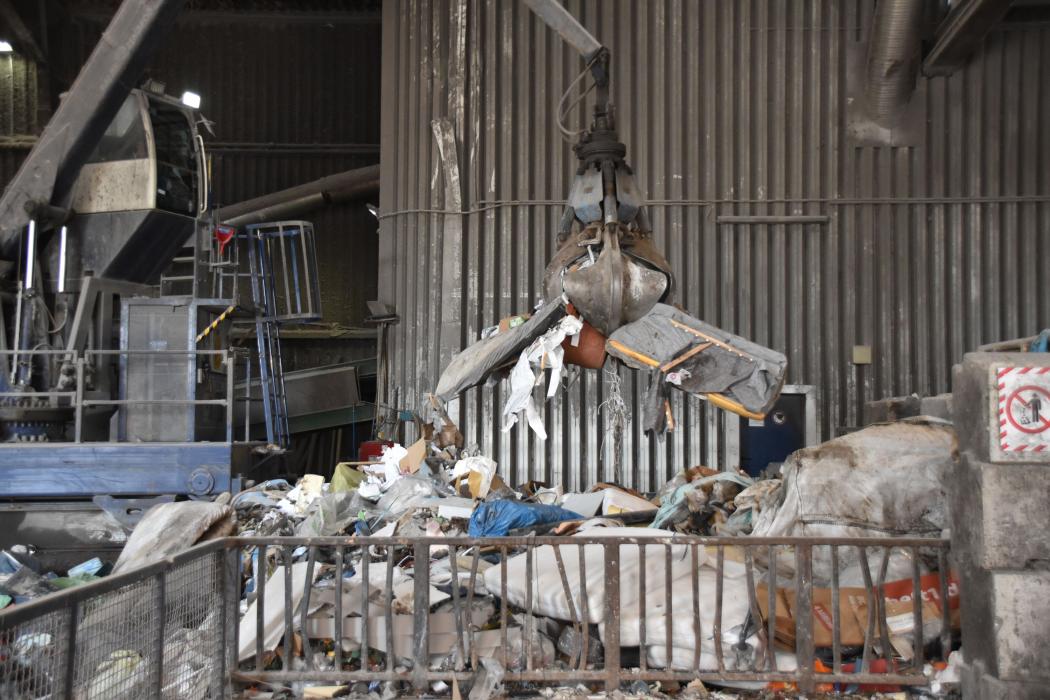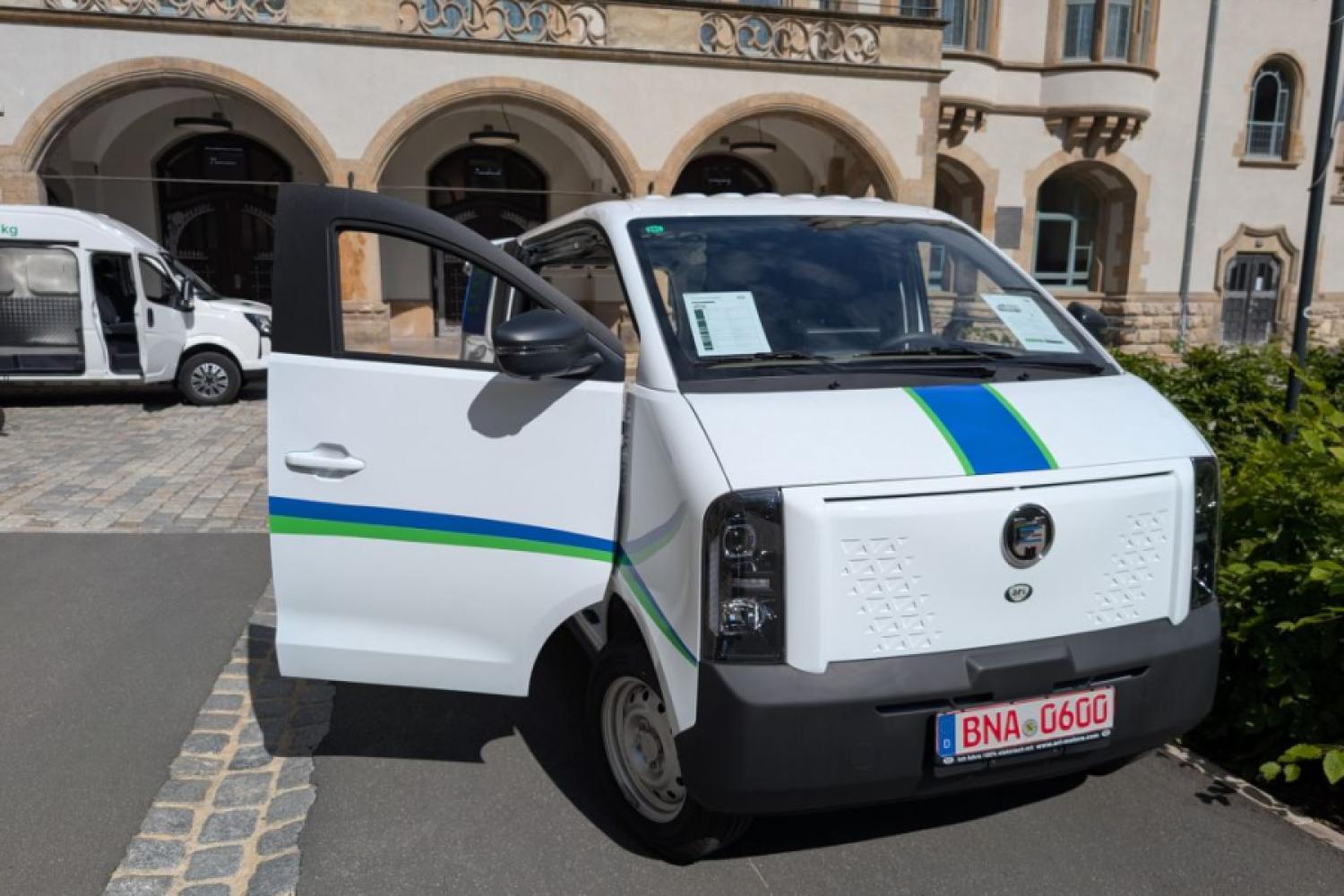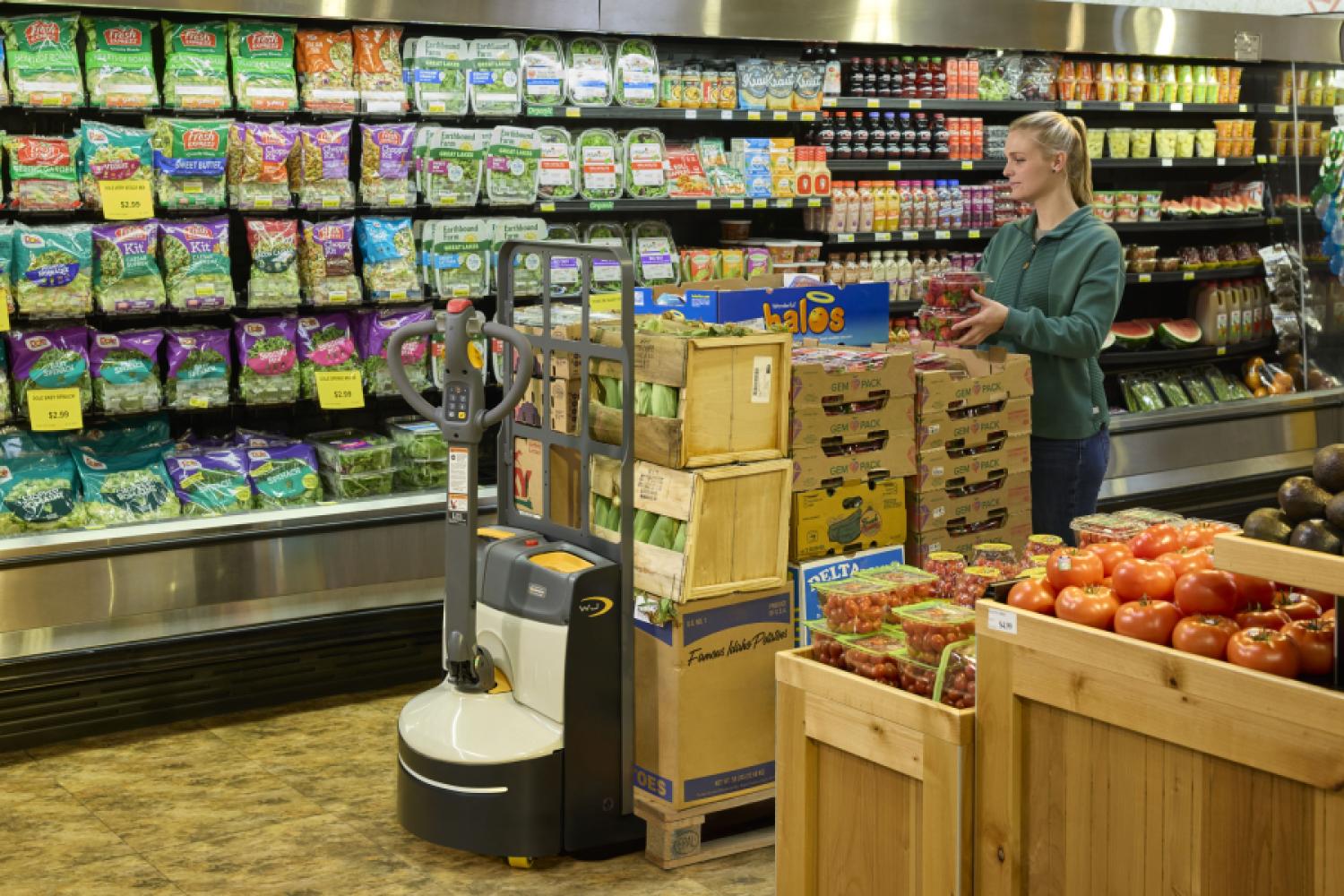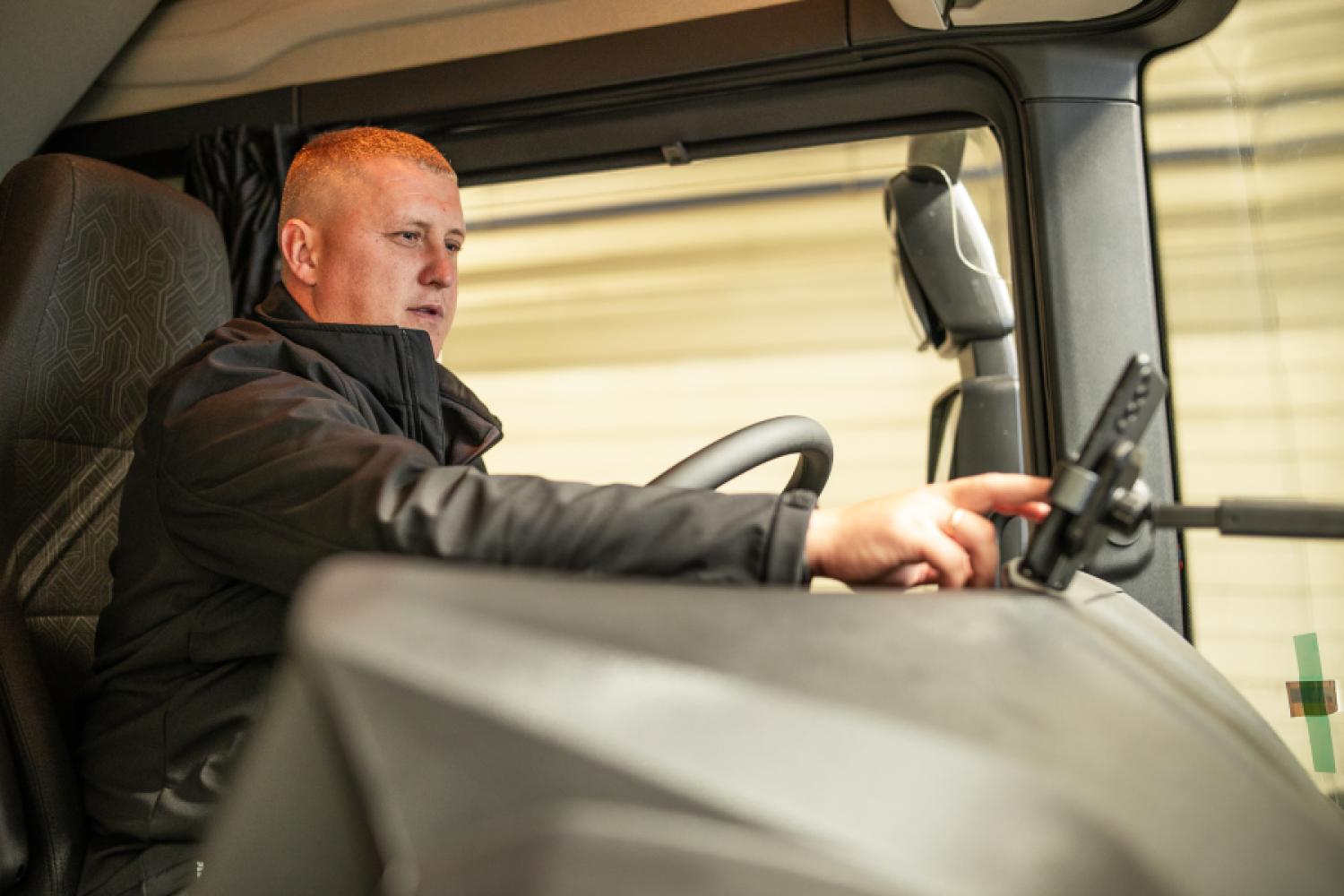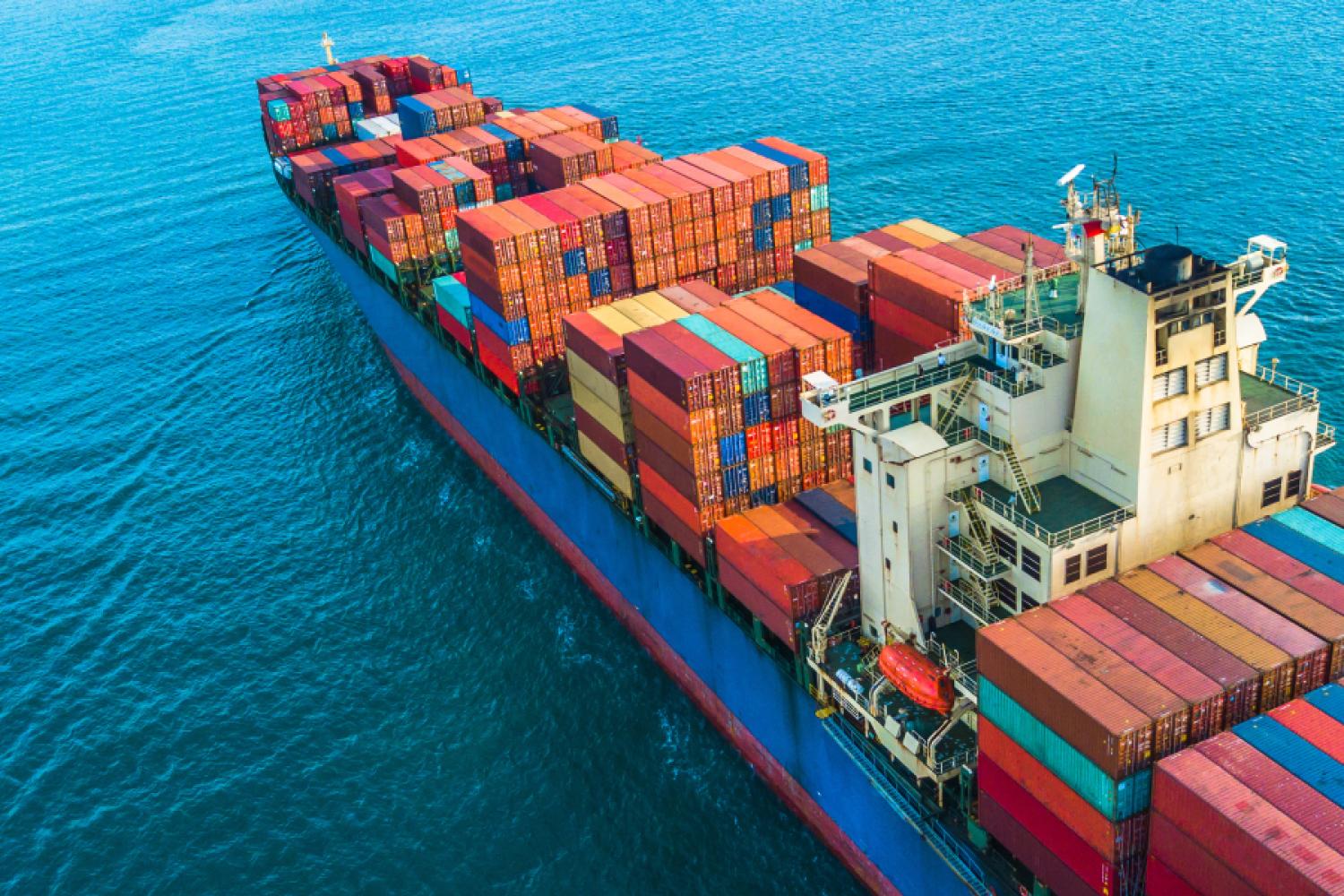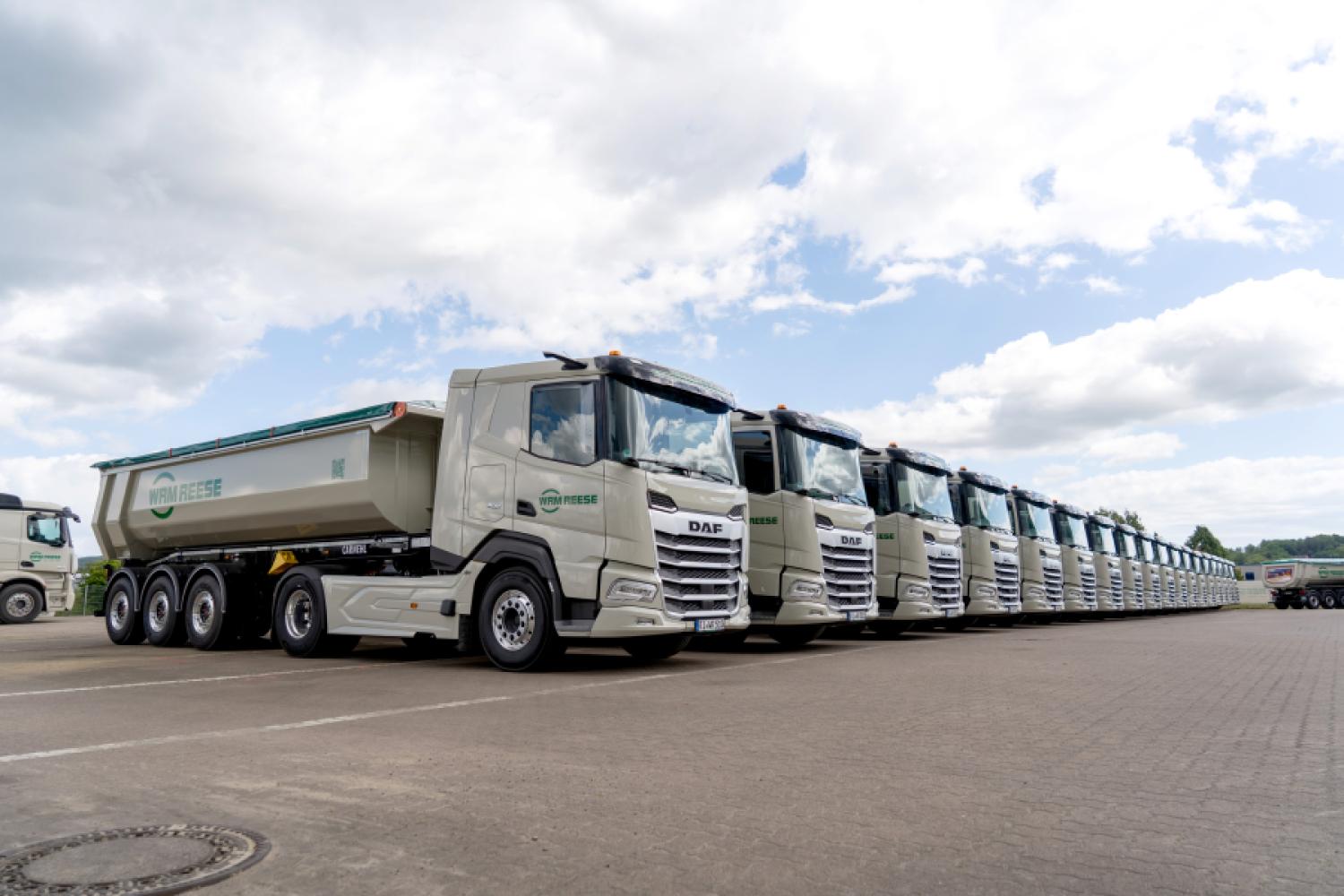In the "SmartRecycling-Up" project, a novel, AI-based overall concept has been successfully developed, enabling automated sorting of bulky waste with a crane or excavator. A consortium, coordinated by the German Research Center for Artificial Intelligence (DFKI), has developed technologies that combine robotics, artificial intelligence, and sensor technology into a system. This was announced by DFKI on June 18 in Bremen.
The goal of the SmartRecycling-Up project was to develop an intelligent solution for sorting large pieces of waste that does not require mechanical shredding. The focus was on the automated recovery of valuable materials such as wood, plastic, or metal, which have been difficult to separate from mixed waste. Until now, large pieces of waste, such as bulky or construction waste, had to be laboriously shredded before they could be sorted
in conventional facilities.
According to DFKI, the new technical approach combines AI-supported sensor technology, machine learning, and automated control systems into an intelligent overall concept. The system includes a hydraulic crane that, through AI-based control, is able to autonomously undertake tasks in waste handling and the sorting process. These tasks include rearranging and mixing the waste, targeted filling of a shredder, identifying and removing contaminants, and separately sorting out valuable materials.
According to DFKI, the core of the system is a highly developed sensor platform, consisting of multispectral cameras, depth sensors, and AI-based evaluation procedures, enabling precise material classification and localization in three-dimensional space. The recognized materials are analyzed in real-time, with decisions regarding handling being automatically relayed to the crane's control system. This allows the system to distinguish between recoverable
materials and contaminants.
Autonomous control through adaptive systems
Within SmartRecycling-Up, DFKI has developed an AI-based control framework that can fully automate the motion and process control of hydraulic heavy machinery such as cranes or excavators for recycling. The framework consists of various modules that cover different functionalities for automation.
Tests in the laboratory and under real conditions
The technologies were initially developed and tested with the "ARTER" excavator robot in DFKI's laboratory. This was followed by implementation under real conditions: In the waste sorting plant of ASO GmbH in Osterholz-Scharmbeck, automated operation with a hydraulic crane was successfully implemented according to DFKI, and various aspects of the solution were validated. This included the crane reliably recognizing and sorting predefined valuable materials. The tests showed that the combination of AI, sensor technology,
and robotics also works in the field of waste recovery. According to DFKI, this could increase the efficiency of presorting, reduce human workload, and improve the quality of the recycling process.
SmartRecycling-Up was conducted under the leadership of DFKI in collaboration with the Institute for Energy and Environmental Technology at Bremen University of Applied Sciences, the Research and Transfer Center Smart Systems at HAW Hamburg, Baljer & Zembrod GmbH & Co. KG, the Waste Recycling Company mbH Minden-Lübbecke, Karl Siedenburg GmbH & Co. KG, and ASO Abfall-Service Osterholz GmbH. The project was funded by the Federal Ministry for the Environment, Nature Conservation, Nuclear Safety and Consumer Protection (BMUV) under the funding number 67KI21013 based on a resolution of the German Bundestag and managed by Zukunft – Umwelt – Gesellschaft (ZUG) gGmbH.
